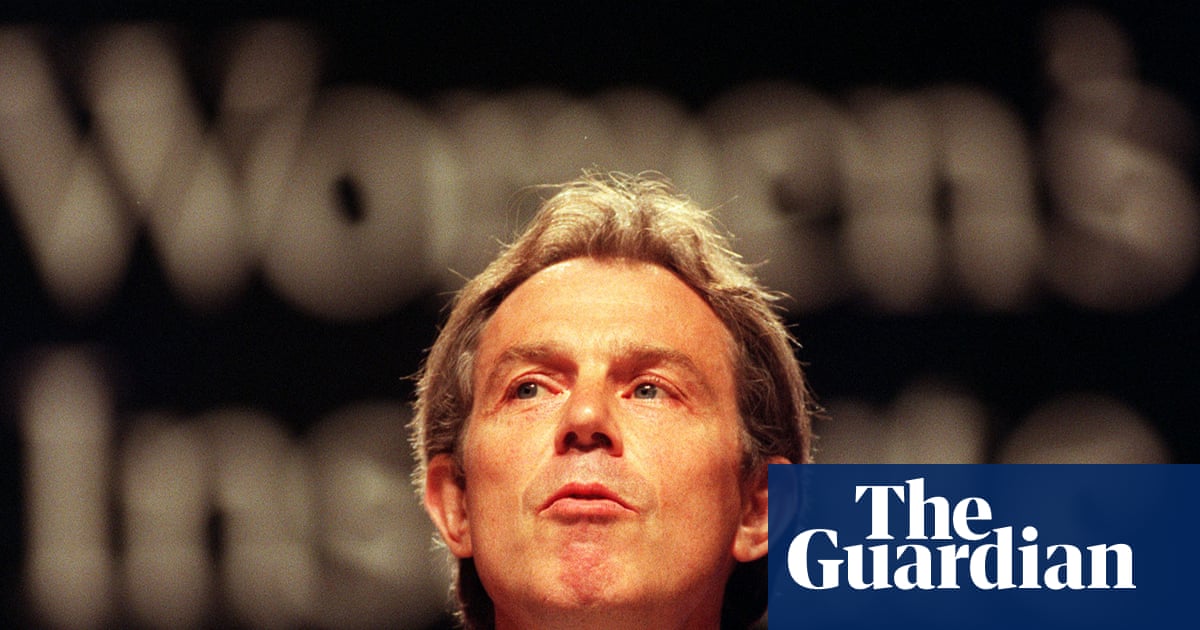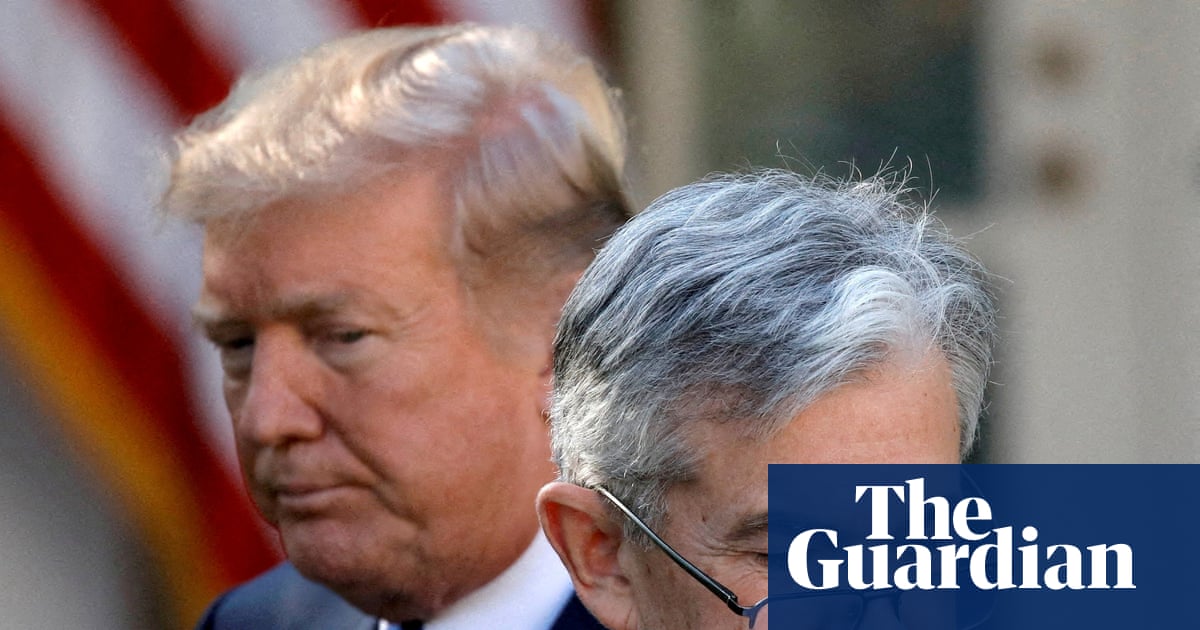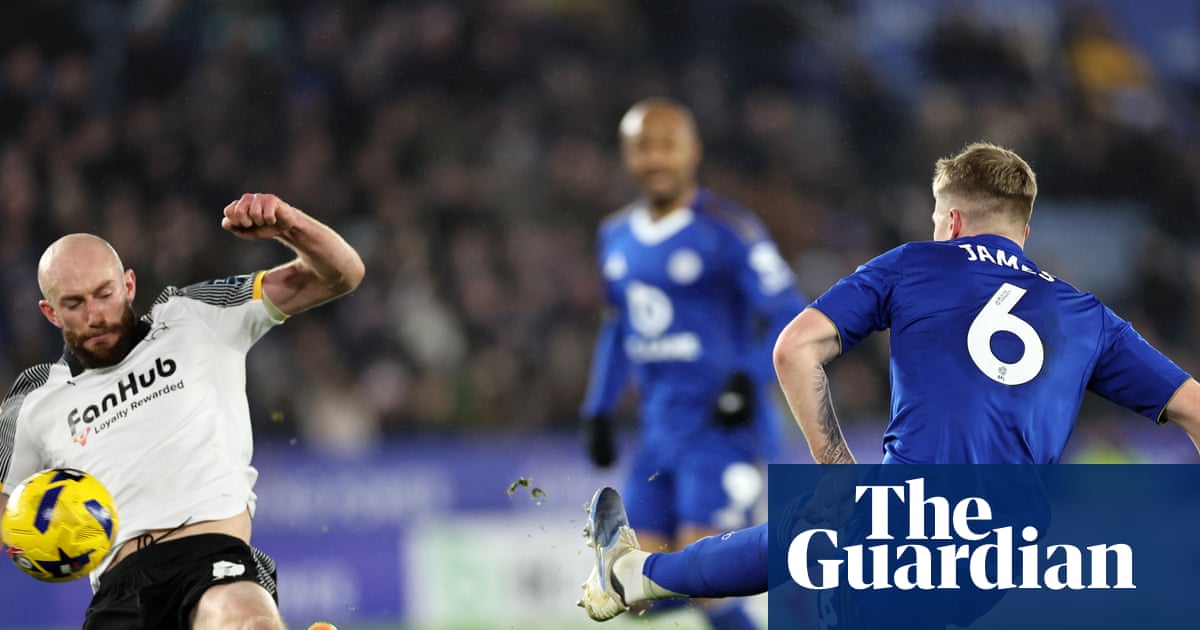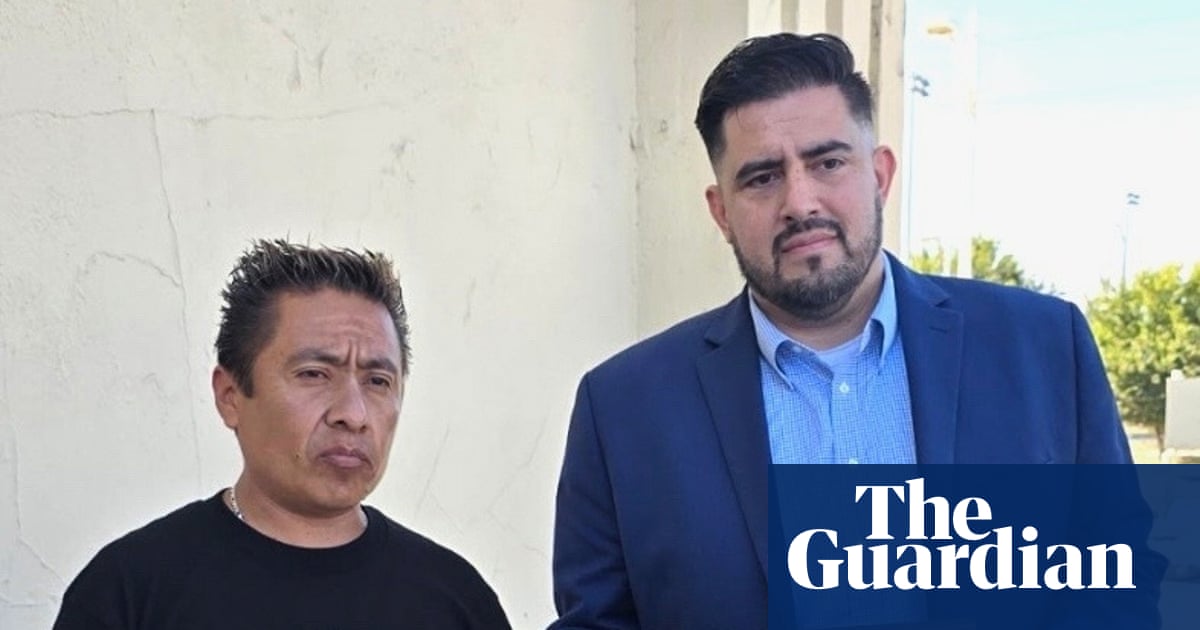The amount of American content children are consuming on YouTube risks weakening their connection to British culture and language, the BBC’s head of children’s television has warned.
Patricia Hidalgo, the director of children and education at the BBC, said the algorithm of the all-conquering video-sharing site diverted British children on to US-based content, rather than “nourishing” British programming that helps cement their cultural identity.
“You have so many of those US-based programmes,” she said. “There’s nothing wrong with them, but they are not British, and they’re not culturally relevant. If it’s not balanced, if they’re not watching other content that is also culturally relevant and British at the same time, then they’re not going to have that exposure to their own culture at a very, very important time of their lives.
“We’re going to lose the English language. That’s the first thing that would go away, right … It is important that you’re going to be protecting your culture, protecting your language, protecting your heritage.”
She pointed to a recent Ofcom report stating that only a fifth of the time spent by UK-based YouTube users goes to UK-originated content, while more than half goes to content from North America. “The algorithm loves you if you have more and more viewers, and you can’t beat it,” she said. “The amount of viewers in the US are going to obviously tip the balance.”
She cited content creators such as Ms Rachel, a preschool channel that has 17 million subscribers, and Blippi, which has 26 million subscribers. Some US channels are even bigger. The Vlad and Niki channel has 145 million subscribers.
Hidalgo issued her warning as the BBC launched CBeebies House: Time to Play, an interactive show for preschoolers to feature in its entirety on YouTube. It will also be made available on iPlayer. It will feature guest appearances from Floella Benjamin, 49 years after her first appearance on Play School.
“The reason we thought about bringing back a culturally relevant programme for preschoolers was because of the amount of kids that were just turning to Miss Rachel and not just Miss Rachel – you have Blippi,” she said.
“It is important that as you grow up, you create your own identity and feel part of a community. Children are very susceptible. It’s those early years that really cement the culture. If we don’t have that, then I really don’t know how the children of tomorrow will be if they don’t have a strong sense of cultural identity. I don’t believe it’s a good thing.”
YouTube does have a dedicated YouTube Kids service, which features more curated content. However, BBC-backed research earlier this year found that most children accessed the main YouTube interface, rather than the YouTube Kids service.
The research, from April, found the main YouTube platform had a reach of more than 50% among nought to 12-year-olds and 66% for seven- to 12-year-olds, while YouTube Kids had a reach of less than 20%.
In response, YouTube mentioned new research by Oxford Economics, suggesting 88% of UK parents who use YouTube or YouTube Kids agreed it provided quality content for their children’s learning or entertainment – or both. It said it supported UK-based children’s content creators through dedicated schemes and pointed to successful UK-based channels, including Cosmic Kids Yoga and Maddie Moate.
“On YouTube, families access a diverse mix of children’s content from across the UK and the world, opening up a range of perspectives and experiences,” a spokesperson said. “UK children’s creators thrive on YouTube through monetisation opportunities, specialist support, and the chance to reach a global audience of billions.
“We also incentivise high-quality content for kids through our quality principles, which guide what’s recommended to younger viewers, and provide parents robust controls to decide what content to make available to their children.”
The culture secretary, Lisa Nandy, and the regulator Ofcom have indicated they want public service broadcasters to be given more prominence on YouTube. Nandy warned in a recent speech: “If we need to regulate, we will.”

 3 months ago
48
3 months ago
48

















































